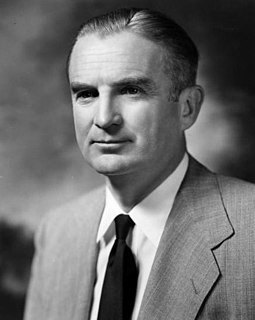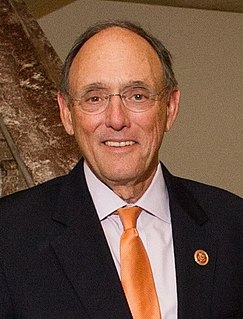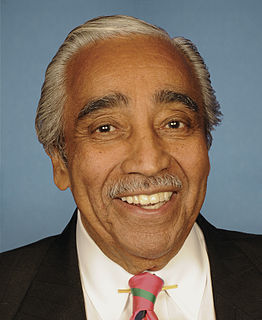A Quote by Stuart Symington
I believe the military should be wary of diplomacy until war is declared; then the State Department should keep its nose out and let the military do whatever is necessary to win.
Related Quotes
Let me be clear: I'm a believer in a robust military, which is essential for backing up diplomacy. But the implication is that we need a balanced tool chest of diplomatic and military tools alike. Instead, we have a billionaire military and a pauper diplomacy. The U.S. military now has more people in its marching bands than the State Department has in its foreign service - and that's preposterous.
The use of our military in combat should first require declaration of war. I have long called for reinstating the military draft, simply because I believe strongly that a national decision to go to war must also include a broad commitment to share its burdens. Whenever Congress decides to fund a war or other U.S. combat activities, it must provide a means to pay for it-then and there-not later. If we don't have the will to fully share the burdens of war, then we have no right to send our sons and daughters into harm's way.
Yes and no. Because America has only about 1 percent of the population serving in the military, it is hard for many civilians to understand the sacrifices military families make. However, my experience is that after the Vietnam War, the public learned that they should support the military whether or not they support the war. You've seen that outpouring of support for the veterans of both Iraq and Afghanistan.
Even the humblest Party member is expected to be competent, industrious, and even intelligent within narrow limits, but it is also necessary that he should be a credulous and ignorant fanatic whose prevailing moods are fear, hatred, adulation, and orgiastic triumph. In other words it is necessary that he should have the mentality appropriate to a state of war. It does not matter whether the war is actually happening, and, since no decisive victory is possible, it does not matter whether the war is going well or badly. All that is needed is that a state of war should exist.
I believe [the Department of Energy] should be judged not by the money we direct to a particular State or district, company, university or national lab, but by the character of our decisions. The Department of Energy serves the country as a Department of Science, a Department of Innovation, and a Department of Nuclear Security.



































